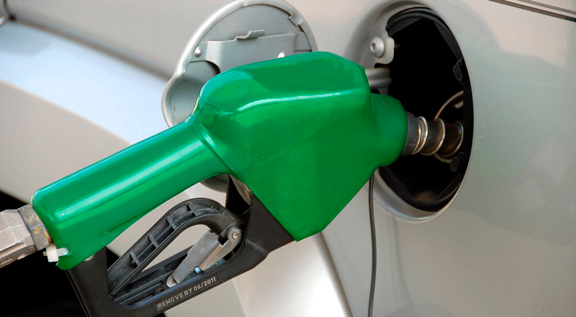
Image: Pixabay
The average prices of Petrobras' gasoline and diesel sold to distributors in Brazil are above import parity, opening space for the oil company to reduce prices at its refineries, experts pointed out this Monday.
The premiums for both of the company's fuels compared to global prices increased over the last week, following a decline in oil prices on the international market, amid concerns about higher interest rates in the US. Brent fell by 7.8% last week, while WTI fell by 7.9%. This Monday, commodity values rose around 1%.
{module Form RD}
The movement occurred just over a week after the inauguration of the new president of Petrobras, Jean Paul Prates, who has been defending the end of the application of import parity for the formation of the oil company's prices, without disregarding international indicators such as the price of Brent.
“The international market has fallen a lot in recent days and has created space for perhaps Petrobras to readjust downwards soon,” Pedro Shinzato, oil and derivatives analyst at StoneX, told Reuters.
StoneX calculates that Petrobras would have to cut diesel by 16.8% and gasoline by 11.6% to reach average parity.
Shinzato and other experts considered, however, that there are factors today that could change this scenario, such as the entry into force on the eve of the European Union's embargo against Russian diesel, which could tighten fuel supply and raise prices globally.
The decision of when and how to readjust prices at refineries, however, is part of Petrobras' strategy and, therefore, it is not possible to predict. The state-owned company does not usually anticipate movements or comment on fuel prices, whose adjustments are defined by the company's CEO and two other directors, finance and sales.
Since 2016, the oil company has been following import parity, which considers important variables such as global reference values for oil and the dollar. But the time to make adjustments depends on other commercial variables considered by the company.
“There really are gaps. However, this is not the time to make adjustments, as prices are expected to increase on the international market,” the executive president of the Brazilian Association of Fuel Importers (Abicom), Sérgio Araujo, told Reuters, citing the European embargo on Russian diesel.
“The embargo that began this weekend should cause a reduction in supply and thus an increase in prices.”
In Abicom's calculations, Petrobras' diesel is 18% above import parity, while gasoline is 10% above.
The Brazilian Infrastructure Center (CBIE) calculates that Petrobras diesel prices are 14.14% above par, while gasoline is 8.86%.
Since taking office, Prates has not yet made fuel adjustments. The other executives who decide on prices are still from the previous administration, which was guided by import parity.
Prates has already appointed a new commercialization director, in addition to four other new executives to the company's directors in the new management. The names are being evaluated by Petrobras integrity committees. But there is still no nominee for the financial directorship.
Source: Marta Nogueira | Notícias Agrícolas












